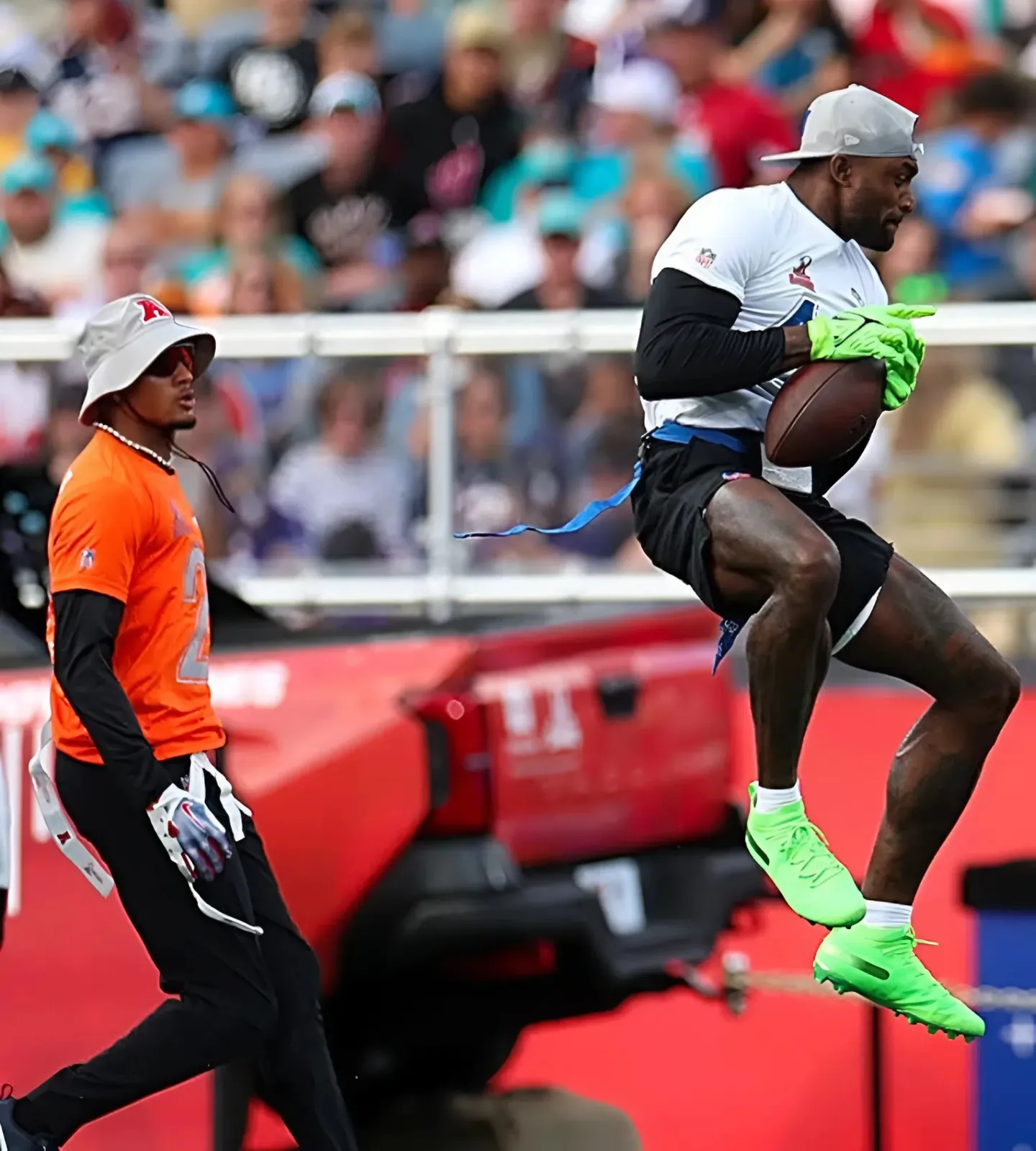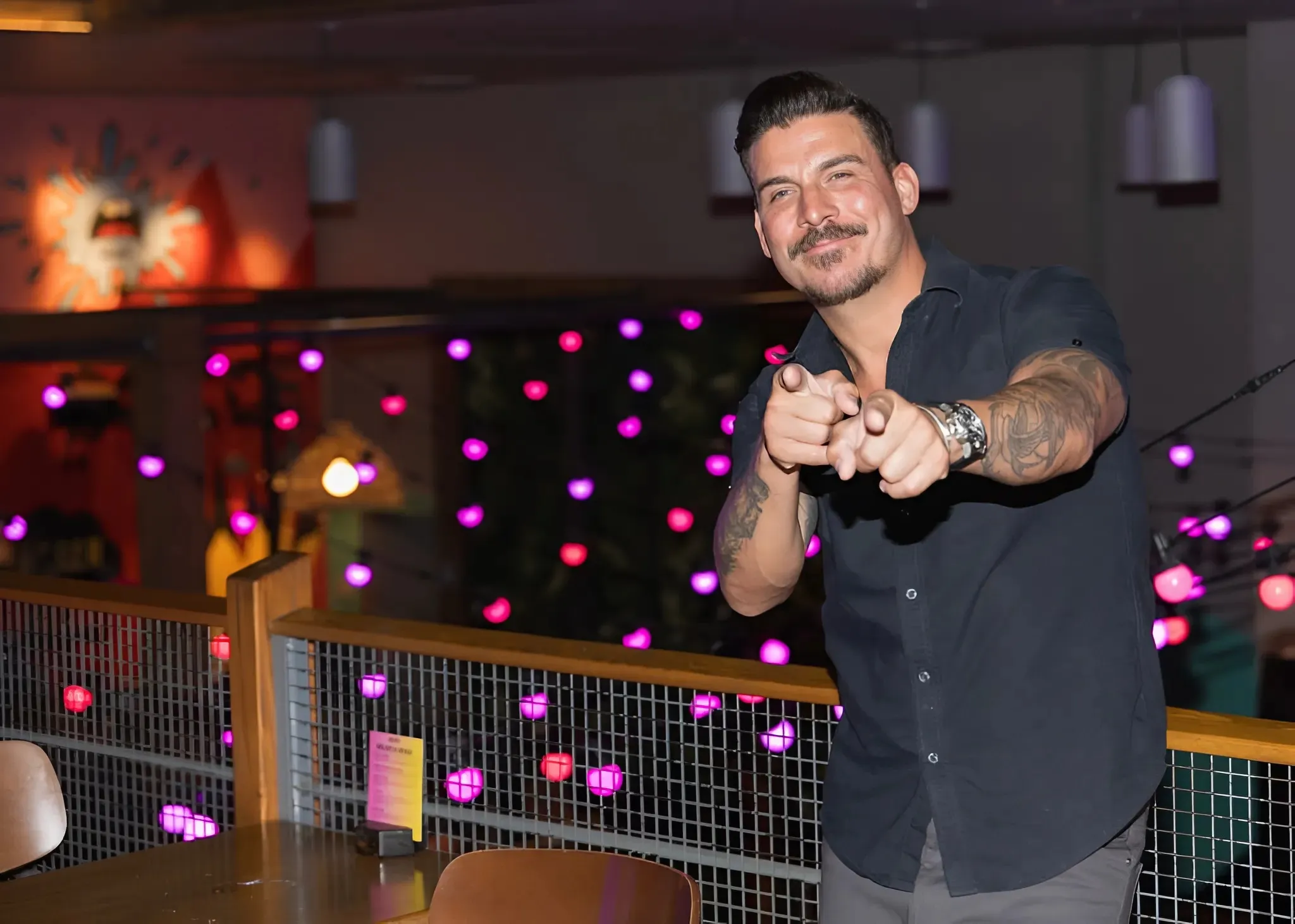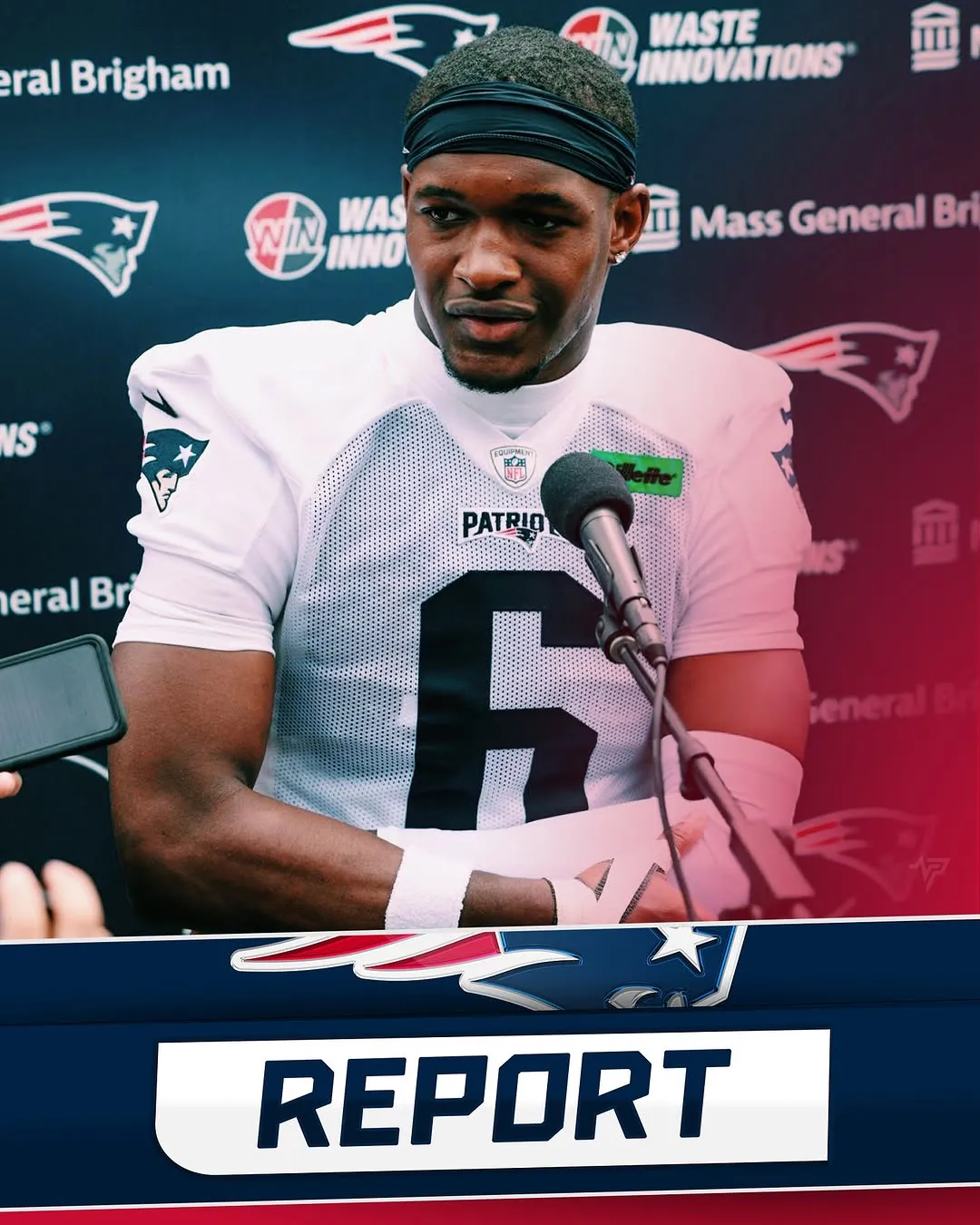Vancouver Canucks general manager Patrik Allvin may have done more harm than good with his recent remarks to season ticket holders — especially when it comes to the future of team captain Quinn Hughes. While answering a question about the details of J.T. Miller’s departure and trade to the New York Rangers, Allvin essentially threw the younger core of the Canucks, under the bus. By association, he also questioned Hughes’ leadership, which is not ideal given recent comments made by the organization about the roster, Hughes wanting to play with his brothers, and a likable head coach leaving the organization.
In sending a message to the roster, Allvin might have inadvertently called into question Hughes’ ability as captain. This will create a potential problem as the Canucks eye future contract talks with their franchise defenseman.
What Exactly Did Allvin Say That Was So Bad?
During the session, Allvin noted that Miller’s exit — a trade to the New York Rangers — was partly driven by frustration. The veteran forward reportedly struggled with how many of his teammates came to camp unprepared. He took having another stong season very seriously, but apparently, others did not. Allvin said, “He was extremely prepared coming in. Some of the other younger guys thought, maybe this is gonna be easy, and maybe they weren’t prepared to the same level that he was.” Allvin added that it led to Miller and his family taking a leave of absence.
Allvin said that Miller didn’t want to leave the Canucks, but ultimately decided it might be best for a fresh start. “It was just too hard for him and some of the other players around him.”
Why Does This Affect Quinn Hughes?
Allvin didn’t mention Hughes by name, and it’s likely he didn’t mean to link Hughes to the narrative of why Miller was traded. Make no mistake, Hughes will be linked to this.
Those comments — directly or indirectly — implicate Hughes, who, as team captain, is heavily responsible for setting the tone and leading by example. He’s young, and it’s a lot to ask, but that’s the gig. If the hint is that Hughes couldn’t rally the room and ensure that the team carried over the momentum of their successful 2023–24 campaign, what does that say about his leadership ability?
Whether fair or not, questioning the readiness of the young core casts a shadow over Hughes’ ability to be the captain, something he has said in the past he takes very seriously, and is one of the reasons he feels obligated to the Canucks.
Related:
Right or wrong, if Hughes doesn’t believe the Canucks see him as a leader that can hold a locker room together, why stay the captain?
Trade Speculation Surrounding Hughes Won’t Help Matters
Allvin’s comments come at the worst possible time. Hughes has already been the subject of trade speculation, particularly surrounding a potential reunion with his brothers, Jack and Luke, in New Jersey. Prominent insiders like Larry Brooks and Jeff Marek have floated blockbuster proposals, while Sportsnet’s Elliotte Friedman confirmed the Devils are at least gauging interest. Devils’ GM Tom Fitzgerald wouldn’t comment after President of Hockey Operations Jim Rutherford admitted that if an extension isn’t reached before the 2027 trade deadline, the team will “have to do something.”
The question is: how can the Canucks expect Hughes to commit long-term when public comments from management place blame on the very group he’s been asked to lead?
Rutherford also admitted that Vancouver isn’t a top free-agent destination, which doesn’t exactly paint the picture that this team will get better anytime soon. Does that mean Hughes is being asked to stay the captain of a team that isn’t motivated, lacks true leadership, and will have trouble competing?
The front office seems more focused on creating public leverage than showing Hughes they can build a competitive environment around him. If they want him to stay, that’s a mistake. And if the plan is to try to negotiate an extension with him at the earliest possible time, inadvertently making him out to be the leader of a divided team isn’t a sound negotiating strategy.



